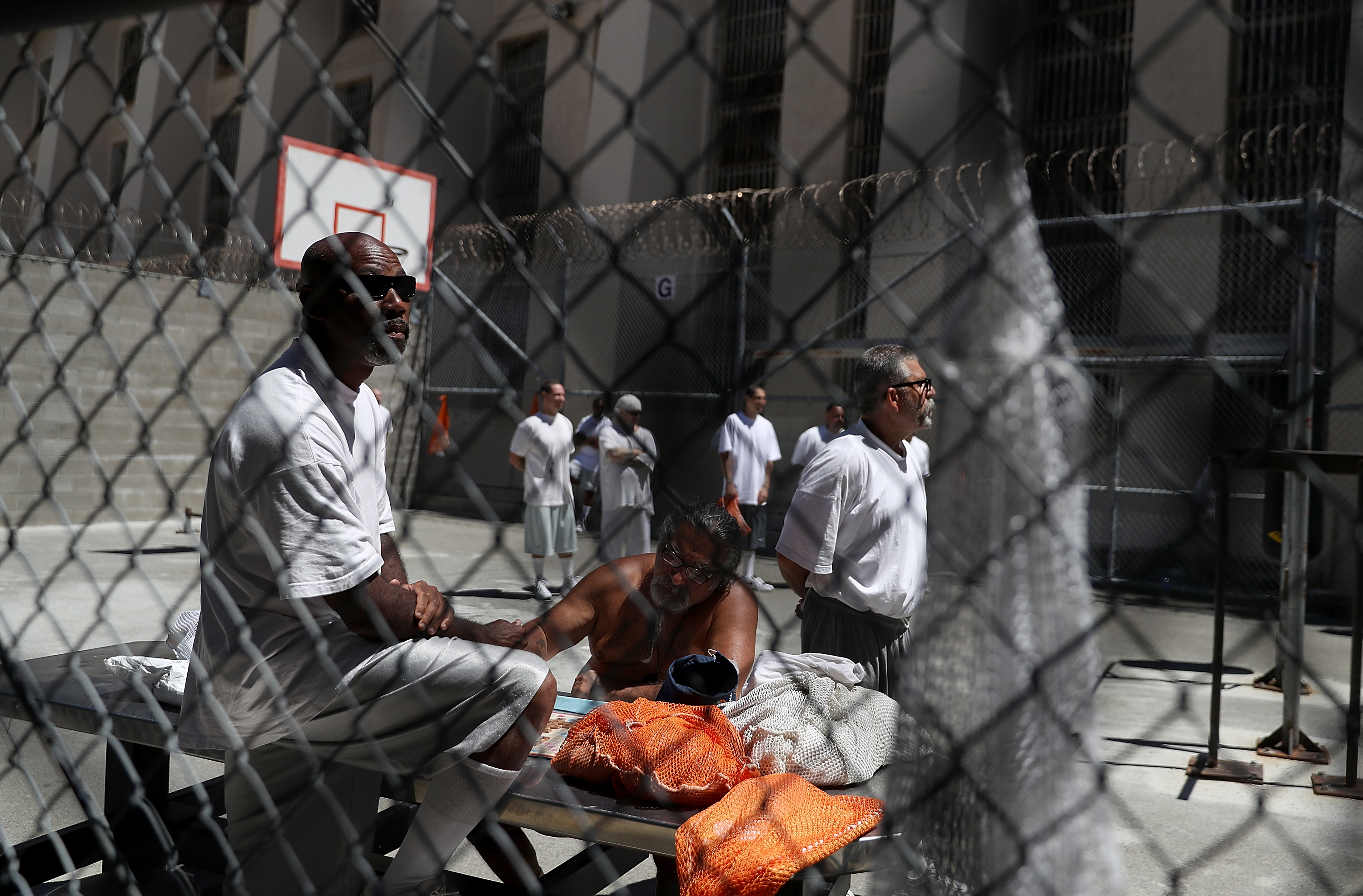A controversial bill that would have allowed some inmates convicted of murder and sentenced to death or life without parole to be considered for release will no longer be heard by the California Legislature this year after the author pulled the measure on Aug. 29.
Senate Bill 94, introduced by state Sen. Dave Cortese, would have allowed some inmates who have served at least 25 years for crimes they were sentenced to before June 5, 1990, to have their sentences reduced through judicial discretion.
Some lawmakers critical of the bill celebrated its demise and thanked those who voiced their opposition to the proposal.
“The radical SB 94 was a direct assault on the rights of California families who have suffered the unimaginable loss of a loved one at the hands of violent criminals,” Senate Minority Leader Brian Jones said in an Aug. 29 statement. “Thank you to Californians for standing up for justice, victims’ rights, and public safety. Together, we’ve ensured that when violent murderers brutally take a life, they lose their right to freedom—forever.”
Jones said those condemned to life in prison without a chance for release should serve their full sentences.
“While I’m relieved that this dangerous legislation is finally dead for the year, we’re ready to continue the fight if it comes back,” he said.
Another senator said the will of members of the public who opposed the bill helped stop its progress.
“The outcome of SB 94 would’ve been disastrous for public safety and victims’ rights,” state Sen. Kelly Seyarto, vice chair of the Senate’s Public Safety Committee, said in the Republican Caucus statement. “We know that when voters come together and demand to be heard, even the supermajority has to take it seriously and listen to the will of the people. That is what we saw happened today, a victory of the people over dangerous proposed policies.”
The bill’s author said in legislative analyses that the measure would have benefited inmates classified as low risk by the California Department of Corrections and Rehabilitation’s risk assessment tool.
“Many of these individuals have shown decades of exemplary behavior, participated in extensive positive programming and have devoted themselves to becoming positive members of society,” Cortese said.
He said the bill is not a get-out-of-jail-free card and that all cases would be carefully considered before parole was granted.
“This bill does not automatically let anyone out of prison. It does not guarantee resentencing,” Cortese said. “This bill simply creates a process for the judicial review of cases that have not been looked at in decades.”
Supporters of the bill said resentencing for some inmates could prove beneficial.
“There are people languishing in state prisons that if they were in court today, would receive a more just sentence,” the Ella Baker Center for Human Rights, a criminal justice reform advocacy group and a co-sponsor of the bill, said in legislative analyses.
“Although individuals sentenced to [life without parole] have no path to parole today, many have exhibited decades of exemplary behavior, participated in extensive positive programming, have come to understand the contributing factors which led to their incarceration, and have devoted themselves to becoming positive members of society.”
The group said that the elderly inmates who would qualify for resentencing deserve to have their cases considered.
“This will mean that individuals that deserve a second chance won’t have to die behind bars,” the nonprofit group said.
Some victims’ family members, law enforcement officials, and community advocates opposed the bill because they said it would jeopardize public safety and revictimize friends and family members of those murdered by the inmates who could be released.
“Dragging these murderers back into court will be prohibitively expensive, tie up judicial resources, and inflict further pain upon their victims,” the San Diego Deputy District Attorneys Association said in legislative analyses. “By creating presumptions favoring the release of these murderers, SB 94 will create unjustifiable risks to public safety.”
Those critical of the bill pointed to numerous examples of inmates who would have been eligible for early release if the proposal had become law—including Richard Philips, who murdered two Vietnam veterans, stole their wallets, and lit them on fire; Jason LeRoy Smith, who slit the wrists of an 88-year-old man and burned down his house in Sonoma County; and Tim Dale Morris, who beat to death an elderly, deaf, one-legged man while burglarizing his home.
SB 94 was originally introduced in 2023 before encountering resistance, and it was placed on the Assembly’s inactive file late last year before being briefly resurrected Aug. 13.
According to one lawmaker, the bill was languishing because members of both parties opposed the measure.
“They didn’t have the votes,” Assemblyman Bill Essayli told The Epoch Times on Aug. 29.














